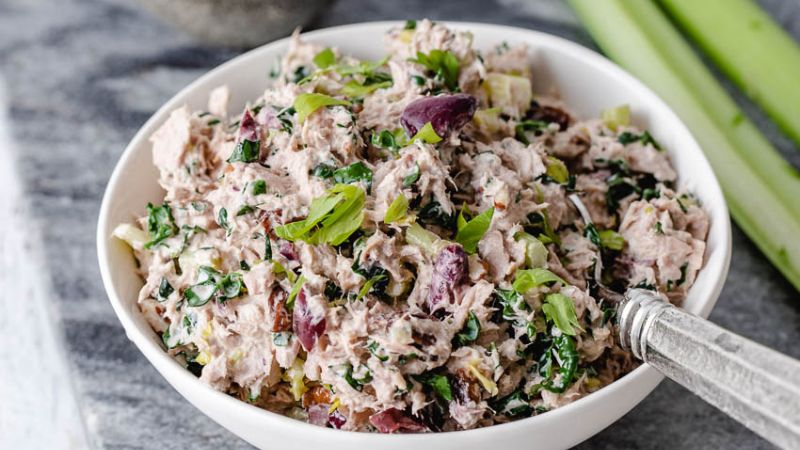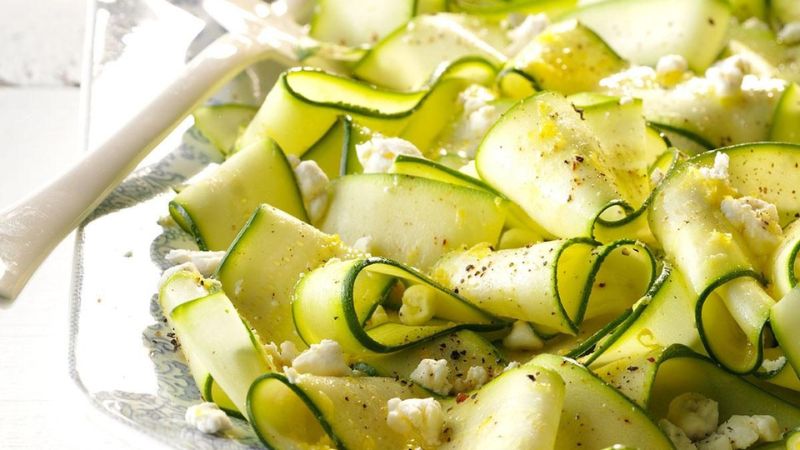In the quest for a healthier lifestyle, the importance of a well-balanced diet cannot be overstated. Among the various nutrients essential for our well-being, fiber plays a crucial role in maintaining digestive health, managing weight, and reducing the risk of chronic diseases such as heart disease and diabetes. While many people associate fiber primarily with grains and legumes, vegetables are also excellent sources of this vital nutrient. Incorporating high-fiber vegetables into your diet is a simple yet effective way to boost your fiber intake while enjoying a variety of delicious and nutritious foods. Here are seven high-fiber vegetables to add to your diet:
1. Broccoli
Broccoli, a cruciferous vegetable rich in fiber, is not only low in calories but also packed with essential vitamins and minerals. Just one cup of chopped broccoli contains approximately 2.4 grams of fiber, making it an excellent choice for promoting digestive health. Additionally, broccoli is a great source of vitamin C, vitamin K, and folate, further enhancing its nutritional value. Whether steamed, roasted, or added to salads and stir-fries, incorporating broccoli into your meals is a simple way to increase your fiber intake.
2. Brussels Sprouts
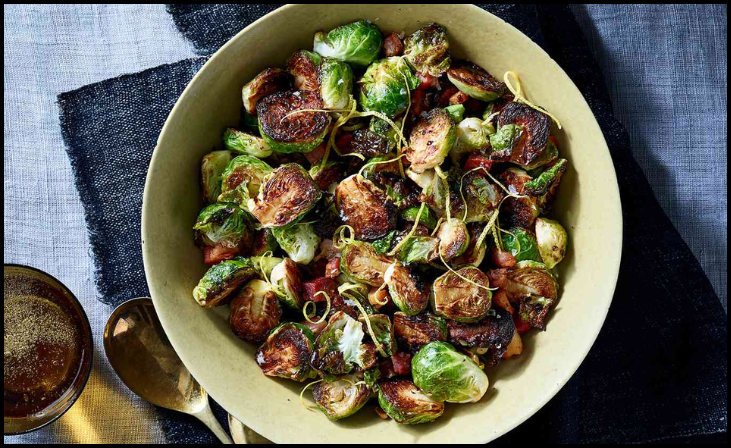
Often overlooked but incredibly nutritious, Brussels sprouts are another high-fiber vegetable that deserves a place on your plate. With approximately 3.3 grams of fiber per cup when cooked, Brussels sprouts provide a significant portion of your daily fiber needs. These miniature cabbage-like vegetables are also rich in vitamins C and K, as well as antioxidants that help protect against inflammation and oxidative stress. Whether roasted until caramelized or thinly sliced and sautéed, Brussels sprouts offer a delicious and versatile way to add fiber to your diet.
3. Spinach
Spinach, a leafy green vegetable packed with fiber, is a versatile ingredient that can be enjoyed in various dishes. With approximately 2.4 grams of fiber per cooked cup, spinach is an excellent choice for boosting your fiber intake while adding vibrant color and flavor to your meals. In addition to fiber, spinach is also rich in vitamins A, C, and K, as well as iron and other essential nutrients. Whether incorporated into salads, smoothies, omelets, or sautéed as a side dish, spinach is a nutrient-dense vegetable that can easily become a staple in your diet.
4. Artichokes
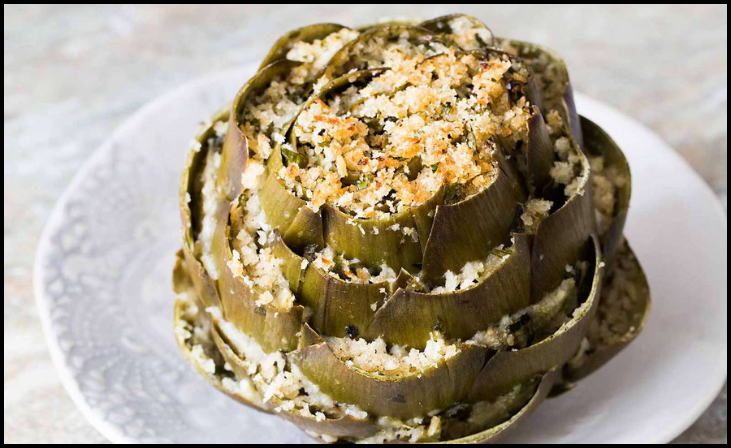
Artichokes, prized for their unique flavor and tender hearts, are also a rich source of fiber. With approximately 6.9 grams of fiber per cooked medium artichoke, these thistle-like vegetables are among the highest-fiber options available. In addition to fiber, artichokes are rich in antioxidants, particularly compounds such as cynarin and silymarin, which support liver health and digestion. Whether steamed and served with a dipping sauce or added to salads, pizzas, or pasta dishes, artichokes offer a delicious and nutritious way to increase your fiber intake.
5. Sweet Potatoes
Sweet potatoes are not only delicious but also packed with fiber, making them a valuable addition to any diet. With approximately 4 grams of fiber per medium-sized sweet potato when cooked, these vibrant root vegetables provide a significant portion of your daily fiber needs. Sweet potatoes are also rich in vitamins A and C, potassium, and antioxidants that help combat inflammation and support overall health. Whether baked, mashed, roasted, or grilled, sweet potatoes offer a versatile and flavorful way to incorporate fiber into your meals.
6. Carrots
Carrots, known for their vibrant orange color and sweet flavor, are also an excellent source of fiber. With approximately 3.6 grams of fiber per cup when cooked, carrots offer a convenient and nutritious way to increase your fiber intake. In addition to fiber, carrots are rich in beta-carotene, a powerful antioxidant that is converted into vitamin A in the body and supports eye health and immune function. Whether enjoyed raw as a crunchy snack, roasted as a side dish, or blended into soups and stews, carrots are a versatile vegetable that can be incorporated into a variety of dishes.
7. Cauliflower
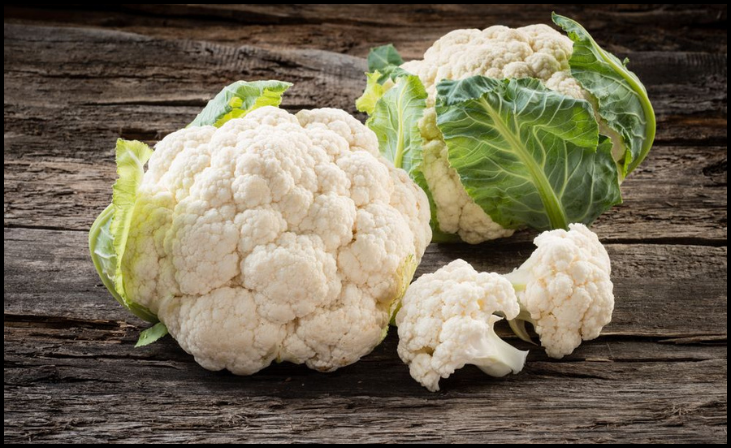
Cauliflower, a versatile cruciferous vegetable, is not only low in calories but also high in fiber, making it an excellent choice for promoting digestive health. With approximately 2 grams of fiber per cup when cooked, cauliflower provides a significant portion of your daily fiber needs. Cauliflower is also rich in vitamins C and K, as well as antioxidants that help protect against inflammation and oxidative stress. Whether roasted until golden brown, mashed as a low-carb alternative to potatoes, or grated into cauliflower rice, cauliflower offers a nutritious and delicious way to add fiber to your diet.
Incorporating high-fiber vegetables into your diet is a simple yet effective way to promote digestive health, manage weight, and reduce the risk of chronic diseases. By including a variety of fiber-rich vegetables such as broccoli, Brussels sprouts, spinach, artichokes, sweet potatoes, carrots, and cauliflower in your meals, you can enjoy delicious and nutritious foods while reaping the numerous health benefits that fiber has to offer. So why not start adding these high-fiber vegetables to your shopping list and embark on a journey towards better health today?


